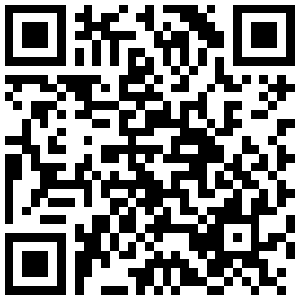The beginning of the 21st century was no exception to the millennial history of humanity, which has long been accompanied by attempts to commit genocide. Most of the 21st century genocide trials have not yet been completed, but their preliminary assessment indicates the presence of signs of genocide in those cases of mass atrocities that led to the opening of relevant investigations or disputes in the International Court of Justice.
Since at least March 2003, the smoldering interethnic conflict in the Sudanese region of Darfur has escalated into an open armed conflict. Hundreds of thousands of people have been killed and millions have been internally displaced. In 2005, the UN Security Council instructed the International Criminal Court to investigate crimes in Darfur. In 2009, the ICC issued an arrest warrant for then-President of Sudan al-Bashir on charges of crimes against humanity and war crimes committed in Darfur. In 2010, the ICC issued a second arrest warrant for Omar al-Bashir, this time additionally characterizing al-Bashir's actions as genocide against the For, Masalit, and Zaghawa ethnic groups.
The atrocities committed by the so-called Islamic State against the Yazidi population living in areas under its control in Syria and Iraq bore the hallmarks of genocide. Representatives of the Islamic State committed crimes against humanity and carried out ethnic cleansing directed against this group, and in some cases also against Sunni Muslims, Kurds, and other minorities. The national courts of Germany have recognized the crimes against the Yazidis as genocide in several criminal cases.
The hallmarks of genocide include the actions of the Russian Federation and its representatives during the full-scale aggression against Ukraine. First of all, the deportation of Ukrainian children with attempts to change their identity, targeted killings (Bucha, Irpin), rape, mass and systematic torture, etc. can be considered genocidal acts.
Dmytro Koval, Legal Director of Truth Hounds
Nataliya Hendel, Expert of the Foundation for Support of Fundamental Research

